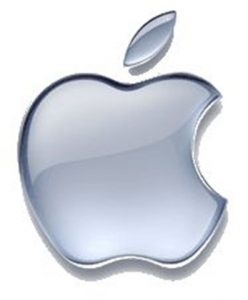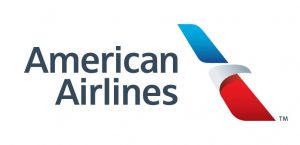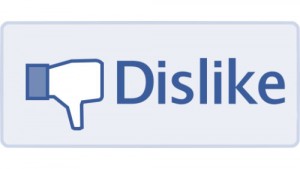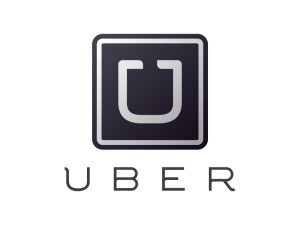 Top Class Action Lawsuits
Top Class Action Lawsuits
High-Speed Slow-Down? Fair to say – can’t end the year properly without a class action lawsuit against Apple? Try nine and counting! Unless you’ve been directly involved in space exploration—it is highly unlikely you’ve missed this little scandal. Apple’s been hit with a litany of allegations including consumer fraud following the tech giant’s admission in mid-December that it deliberately slowed down certain iPhones, including the iPhone 6. The slowdown was managed through Apple’s software updates. Apple claims the software was intended as a fix to deal with degraded lithium-ion batteries that could otherwise suddenly die. Ain’t that handy.
Other allegations include Apple’s failure to disclose its messing with your mobile in a timely fashion, and the fact that its software updates deliberately slowed down older-model phones so batteries would last longer. Apple said it released the fix for iPhone 6, iPhone 6s and iPhone SE and later extended it to iPhone 7, according to the Los Angeles Times.
Filed in US district courts in California, New York and Illinois, the iPhone slow-down lawsuits all allege that Apple’s failure to notify customers of the battery issues, and subsequent software slowdowns, led iPhone owners to wrongly conclude they needed to buy newer, more expensive iPhones instead of simply replacing the battery.
Allegations include consumer fraud, unfair business practices and breach of implied contract, specifically, asserting that when people buy iPhones, they do so with the assumption that Apple won’t “purposefully interfere with” the phones’ “usage or value.” The lawsuit states Apple did not get iPhone owners’ consent before interfering, through software updates, with the phones’ speed. Another lawsuit claims fraud, false advertising and unjust enrichment.
North Carolina resident Kirk Pedelty, a plaintiff in the Illinois lawsuit, contacted Apple when he noticed his phone slowing down. However, the lawsuit states: “Nobody from Apple customer support suggested that he replace his battery to improve the performance of his iPhone. … Frustrated by slowdowns and intermittent shutdowns of his iPhone 7, Pedelty purchased an iPhone 8.”
Every year we say this—and it remains true this year—you just cannot make this stuff up.
Top Settlements
Testosterone Deal. A global settlement deal has been reached by Eli Lilly and plaintiffs in multidistrict litigation alleging the company’s testosterone replacement therapy is associated with cardiovascular adverse health events.
The testosterone lawsuit deal comes about one month before the first bellwether trial was set to go to court. The judge cancelled two upcoming trial dates in January and March over Tracy Garner and John DeBroka Jr.’s cases alleging that Eli Lilly’s Axiron caused them to suffer from a heart attack and deep vein thrombosis, respectively.
More than 6,000 cases are pending against Eli Lilly, Auxilium and several other pharmaceutical companies in the MDL, all alleging the testosterone replacement therapies caused serious if not irreversible adverse health effects.
The MDL is In Re: Testosterone Replacement Therapy Products Liability Litigation, case number 1:14-cv-01748, in the U.S. District Court for the Northern District of Illinois.
Overtime just in time! Here’s hoping it’s the way forward for 2018. A jury has found in favor of current and former employees who filed an unpaid overtime class action lawsuit against Computer Sciences Corp (CSC). The plaintiffs alleged the defendant had misclassified them as exempt from overtime pay.
According to court records, the jury deliberated for just two days before finding “unanimously” for the employees. The employees alleged that CSC classified certain so-called system administrators as exempt from overtime pay under federal and state law. In fact, the plaintiffs should have been classified as non-exempt and compensated for time worked that exceeded 40 hours per week.
Damages have not yet been established, however a news release by the employees’ counsel states that the jury found CSC’s violations to be willful, which triggers additional damages.
CSC system administrators provide support to clients, including installation and maintenance of computer hardware and software, in addition to server maintenance and troubleshooting, according to the new release.
The case is Strauch et al. v. Computer Sciences Corp., case number 3:14-cv-00956, in the U.S. District Court for the District of Connecticut.
So folks – on that happy note – this year’s a wrap –A Very Happy, Peaceful and Prosperous 2018 to All!!

 Top Class Action Lawsuits
Top Class Action Lawsuits Top Class Action Lawsuits
Top Class Action Lawsuits Top Class Action Lawsuits
Top Class Action Lawsuits

